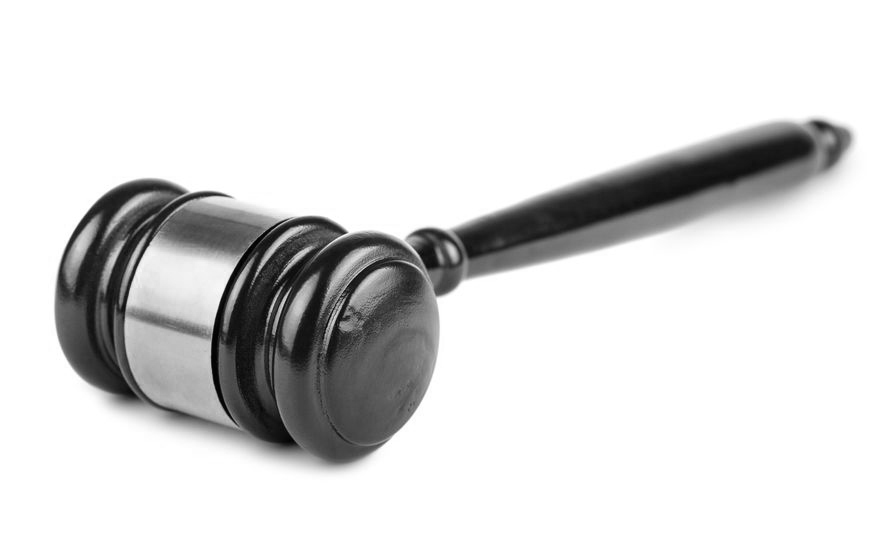Overview
 The City of Chicago has a policy of impounding cars to collect fines assessed against the owner of any such vehicle. On January 14, 2021, a nearly unanimous United States Supreme Court held that the possession of these cars, without more, after a bankruptcy filing does not violate the Bankruptcy Code.
The City of Chicago has a policy of impounding cars to collect fines assessed against the owner of any such vehicle. On January 14, 2021, a nearly unanimous United States Supreme Court held that the possession of these cars, without more, after a bankruptcy filing does not violate the Bankruptcy Code.
Several individuals with impounded cars filed petitions for relief under Chapter 13 of the United States Bankruptcy Code. Each of the debtors asked the city to return the impounded vehicle. The fines and fees for each of the vehicles were substantial and were generally more than the value of the vehicle that had been seized. Three of the four debtors confirmed Chapter 13 plans which treated the city’s claims and provided for payment over the life of the Chapter 13 plans. Despite the confirmation of the plans, the city refused to return the vehicles. The debtors filed motions seeking to hold the city in contempt. A series of bankruptcy courts determined that the city’s continued possession of the impounded vehicles constituted a violation of the automatic stay of section 362(a)(3) which prohibits any act to “exercise control” over property of the bankruptcy estate.
The city appealed the bankruptcy court rulings. The United States Court of Appeals for the Seventh Circuit affirmed the bankruptcy courts, and the city appealed to the United States Supreme Court. The city defended its action by noting that Section 542(a) of the Bankruptcy Code is the section which compels an entity holding property of the debtor to deliver that property to the bankruptcy trustee and account for it. Section 542 also provides safeguards and protections for any entity which is required to deliver or return property. As a result, the city argued that the continued possession of a debtor’s property, by itself, could not be a violation of the automatic stay.
The Supreme Court noted the active language used in the automatic stay section and agreed with the city’s position. Recently confirmed Justice Barrett did not take part in the decision as the oral argument took place before her confirmation. The eight remaining justices unanimously concluded that “the mere retention of estate property after the filing of a bankruptcy petition does not violate” the automatic stay. Justice Sotomayor penned a concurring opinion in which she noted the disproportionate impact of impounds on people of modest means and the needs of most debtors for reliable means of transportation. In her concurrence, she practically implored the Advisory Committee on the Rules of Bankruptcy Procedure to address the need for a “prompt resolution of debtors’ request for turnover under §542(a), especially where debtors’ vehicles are concerned.” As a result of the majority opinion, the City of Chicago gets its “victory” after years of litigation, but there may be procedural or statutory changes that flow from this decision. Additionally, the opinion notes the requirements of section 542(a) which require the turnover of property to the debtor and the possibility of contempt citations against creditors who fail to comply.
